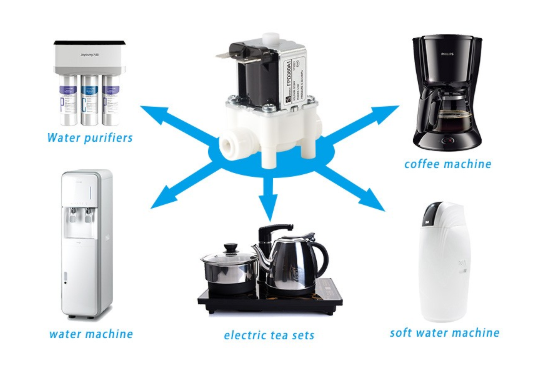exploring the role of a water control system supplier in modern water management
Release time:2025-10-18 04:50:22
Water control is a critical aspect of managing water resources, whether for agricultural, industrial, or urban use. As water scarcity becomes a growing global concern, ensuring efficient use and distribution of water has become a priority for many sectors. This is where Water Control System Suppliers come into play. These suppliers provide advanced solutions that help optimize water usage, monitor water quality, and prevent wastage, contributing to a more sustainable future. This article explores the role of Water Control System Suppliers and how they support various industries in managing water resources effectively.

What is a Water Control System?
A water control system refers to a set of technologies designed to monitor, control, and regulate the flow of water in various settings. These systems typically include hardware like sensors, flow meters, control valves, and pumps, alongside software platforms for data collection, analysis, and decision-making. A robust water control system allows real-time monitoring and management of water flow, pressure, and quality, ensuring that water is used efficiently and sustainably.
The Importance of Water Control Systems
With the growing global population, urbanization, and climate change, the demand for water is increasing, while the availability of clean water is decreasing. Water control systems help to mitigate these issues by ensuring that water is not wasted, and that it meets the required quality standards for different uses. In agriculture, for example, water control systems can optimize irrigation schedules based on weather data and soil moisture, reducing water consumption and improving crop yield. In industrial applications, these systems are crucial for maintaining proper cooling processes and waste treatment. For urban water systems, these technologies prevent leaks, monitor water pressure, and improve overall distribution efficiency.

